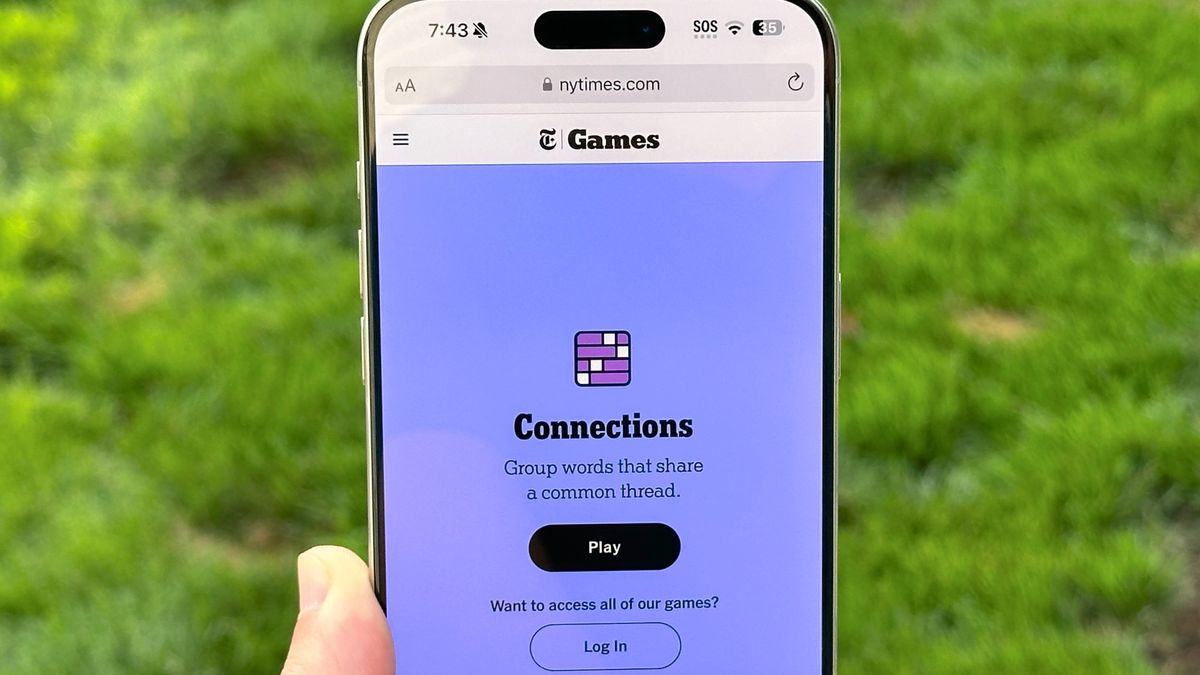It's everywhere. In our phones, in the car, and probably soon in our beds. Like it or not, AI is now a fixed part of our lives. But for many, it's still a bit of a mystery.
We're still not too sure how it all works, or what we can do with it. So here are some quick tips to help you get the most out of artificial intelligence by using AI itself.
First things first. AI is just something we chat with (at least until agents arrive). Sure, that chat can take different forms, and result in wildly different outputs. But it's still just talking to a large language model to ask it to do something, whether it's a recipe, making an image or calculating quantum travel.
With that in mind let's have a stab at making it easier to extract value from this exciting new technology.
1. Using AI to help you ask the right questions

The way we get AI to work for us is by asking questions, otherwise known as giving it a prompt. Prompts and prompt engineering is a big deal. Experts can make AI do things we mere mortals have no clue about, simply by using the right kind of prompt.
But interestingly we can use AI to help us create better prompts to get better results. We can input our basic question into a smaller, cheaper or local AI chat box, and ask it to enhance our prompt to make it better.
"Please improve this prompt." I use this technique all the time to help jazz up my text-to-image prompts. And it works.
2. Using AI as a compass
It may sound silly, but sometimes it's difficult to even know where to start finding a solution to a problem. That's where we can use AI to help. The prompt might be something like, 'what is the best way to find a solution to [my problem]'.
A good artificial intelligence model will then provide a range of options for you to choose from. The better AI tools, with web search enabled, will even be able to go off and conduct a preliminary search to start you off on your quest.
3. The bot as tutor

If you have the time and money, one of the obvious ways to use AI is as a personal tutor in all things artificial and intelligent. You can ask the AI to create a personalized AI course, tailored to your level of understanding. You can then start the course immediately by asking the chat to move through the course content in the chat.
The big advantage of using a chatbot like this is the fact that you can stop and return to it later and pick up exactly where you left off. You can even ask the AI to create quizzes to make it all a bit more engaging.
4. Our flexible friend
One of the coolest things about current AI systems is the option to access the models in a wide variety of ways. We don't have to rely on typing prompts, we can now use voice prompts alongside visual extras like uploading files, images or video.
We can even use AI to create audio podcasts, which are entertaining as well as informative. The bottom line is we can use the growing flexibility of AI media handling to make the whole experience much more accessible, no matter how technically competent we are or not.
5. The AI coach

Finally, it's worth thinking about using AI as a best practice advisor. With the right prompting, you can set up the optimum research method for your needs. It can also help keep you abreast of the best AI tools and products as they arrive on the market.
To do this properly, you may need to employ additional back-end tools such as make.com, which can give you a method to trigger regular automatic updates over a period.
The beauty of this system is you can set up the AI to find research papers, magazine articles and all the other hard to locate material, and so give yourself a knowledge boost in your particular field.
More from Tom's Guide
- Did Apple Intelligence just make Grammarly obsolete?
- 3 Apple Intelligence features I can't live without
- Midjourney vs Flux — 7 prompts to find the best AI image model





















 English (US) ·
English (US) ·